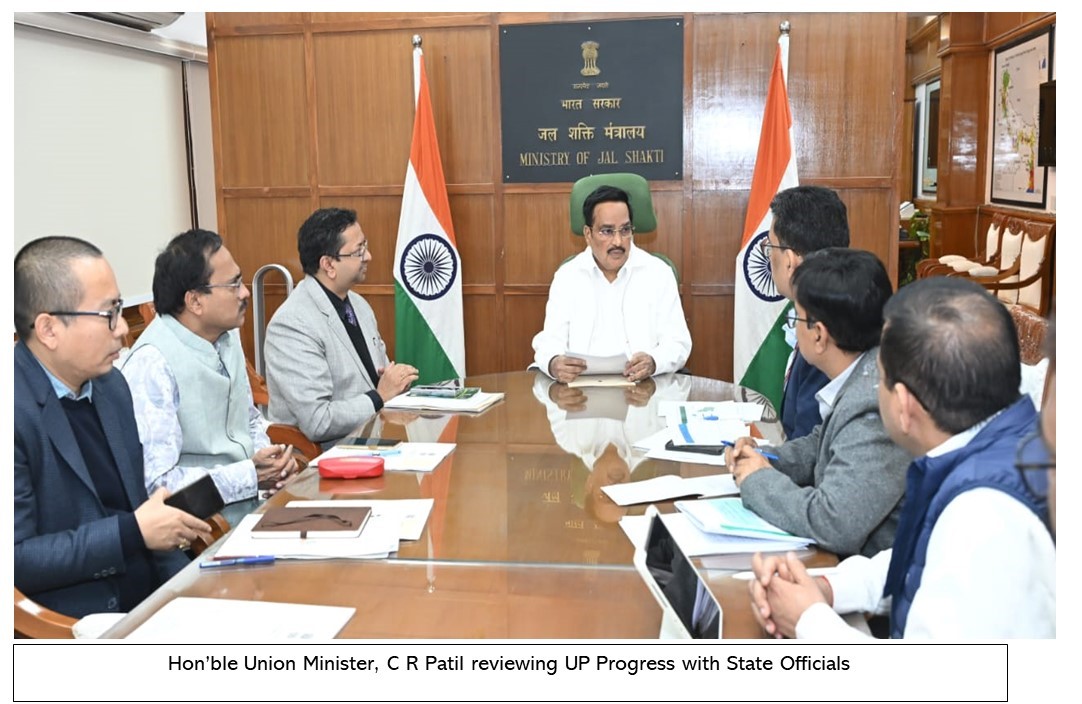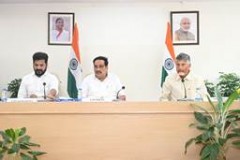- Anupam Kher Praises Rising Actor Aryan Katyal for Tanvi The Great Cameo
- The Scientology Information Center Invites the Community to Celebrate its 10th Anniversary
- Médic Celebrates Over 25 Years as a Premier First Aid & CPR Education Leader in Quebec
- Shoolini University and Common Services Centres Present Roadmap to Achieve 100% Gross Enrolment Ratio by 2050
- Future Electronics' Kathryn Sartain Receives CIT’s "Getting Things Done" Award
- Evarix Revolutionizes Crypto Trading with AI-Powered 3% Daily Returns
- Over 1000 Companies Empowered by Industry-leading Cloud MLM Software
- Arogya Sandhan Launches XII Perfumer Online Course to Empower Aspiring Perfumers While Supporting Differently-Abled Residents
- First Nations Business Solutions Unveils Groundbreaking Book Series to Advance Tribal Recovery
- Mantra Launches Enhanced MELO31: The Advanced FAP30 Optical Fingerprint Scanner with Next-Gen Security and AI-Powered Liveness Detection
- GemsRoot Launches Gemstone Recommendation Calculator Based on Vedic Astrology
- Jeep® India Launches Compass and Meridian Trail Editions with Exclusive 'Jeep Trust' Ownership Program
- The First Annual Diva Fest Showcases Bay Area Talent and Fashion in a Night of Empowerment and Entertainment
- RPost Simplifies E-Signatures with Handwritten-Style Tech, Aims to Bury the Fax for Good
- Exporters can now hand-carry jewellery as GJEPC Initiated Facilitation Centre Opens at Mumbai Airport
 Mail to a Friend Mail to a Friend |
|
     |
Minister of Jal Shakti Reviews Swachh Bharat Mission Grameen Progress in Punjab, Madhya Pradesh, Uttar Pradesh and Bihar.

10 December 2024, Delhi: As part of the ongoing efforts to strengthen the Swachh Bharat Mission Grameen (SBM-G), the Hon’ble Union Minister of Jal Shakti, Shri C.R. Patil, convened a high-level review meeting with State Ministers in charge of rural sanitation from Punjab, Madhya Pradesh and Bihar. The session focused on assessing progress, addressing challenges, and aligning strategies to achieve sustainable sanitation outcomes across rural India.
During the meeting, Shri Patil emphasized that sanitation is not just an infrastructure goal but a behavioral mission that shapes the health and dignity of rural communities. “The path we chart today will decide the future of a cleaner, healthier India. Each State/UT has a unique story to tell and different terrains to tread, but the destination is the same – a Swachh Bharat,” the Minister remarked.
The meeting was also attended by State Mission Directors, Joint Secretary DDWS & Mission Director, SBM-G.
The review highlighted key milestones across the four states:
Madhya Pradesh: 99% of villages are ODF Plus with 95% villages reaching ODF Plus Model status. The state has implemented innovative plastic waste management initiatives, including MoUs with RRDA Bhopal .
Uttar Pradesh: 98% villages are ODF Plus villages and over 1 lakh personnel have been trained to implement SBM-G objectives. Plastic waste management models such as waste-to-energy and kabadiwala linkages were also highlighted.
Bihar: 92% villages are ODF Plus, with grey water and solid waste management coverage at 91% and 80%, respectively. The state is focusing on underperforming districts to enhance outcomes.
Punjab: 98% villages are ODF Plus, with 87% of villages saturated with grey water management. Efforts are underway to strengthen solid waste management systems.
The Minister provided comprehensive guidance for the states, emphasizing collective efforts to:
Verify and sustain ODF Plus Model villages through robust monitoring mechanisms.
Bridge gaps in solid and grey water management by prioritizing household-level solutions.
Strengthen the functionality of community sanitation complexes and enhance asset management.
Innovate in plastic waste management by forging partnerships with recyclers and leveraging Extended Producer Responsibility (EPR) frameworks.
Promote behavior change through targeted IEC (Information, Education, and Communication) campaigns, ensuring sustained toilet use and waste segregation.
Shri Patil called on states to intensify efforts to foster community led approaches by engaging women’s self-help groups, local leaders, and private sector enterprises. “Sanitation is a movement of the people, by the people, and for the people. It is this ownership that will truly make a difference,” he added.
Concluding the meeting, The Hon’ble Minister emphasized that the Swachh Bharat Mission is a cornerstone of rural transformation, extending beyond infrastructure to achieve the broader vision of Sampoorna Swachhata—comprehensive cleanliness and sustainable development. By fostering ODF Plus Model villages, the mission integrates sanitation, waste management, water conservation, and community well-being, aligning with global goals like SDG 6 (Clean Water and Sanitation) and SDG 3 (Good Health and Well-being).
“This is not just about meeting targets and building toilets; it is about creating ecosystems of health, dignity, and self-reliance,” Shri Patil said. “Let us make every village a shining example of cleanliness, resilience, and sustainable development.”
The review reaffirmed the government’s commitment to advancing rural sanitation and empowering communities toward a Swachh Bharat.













